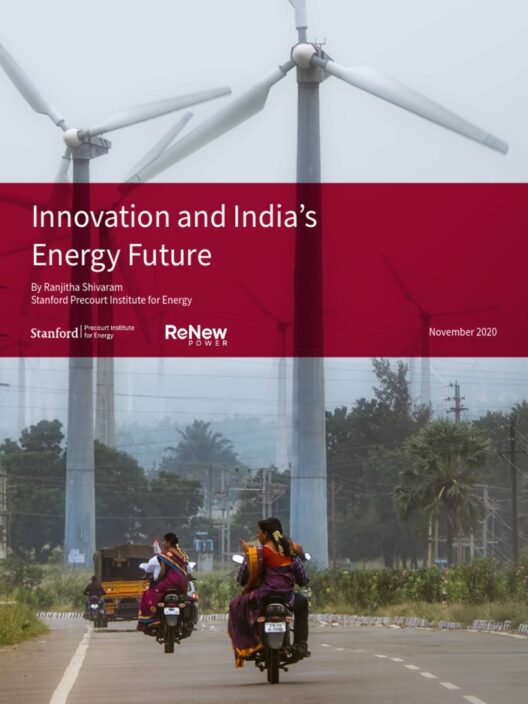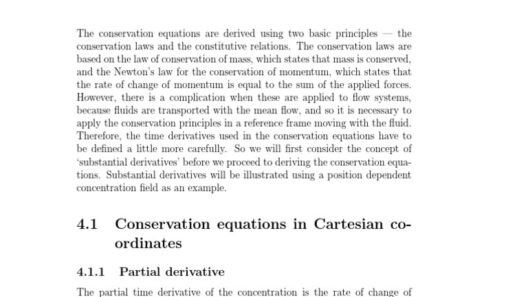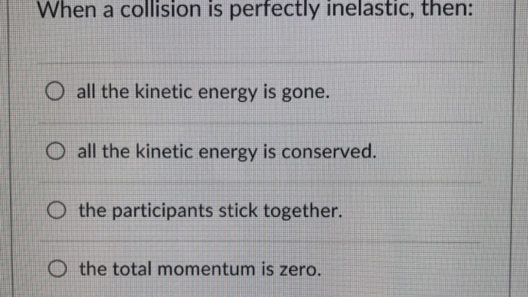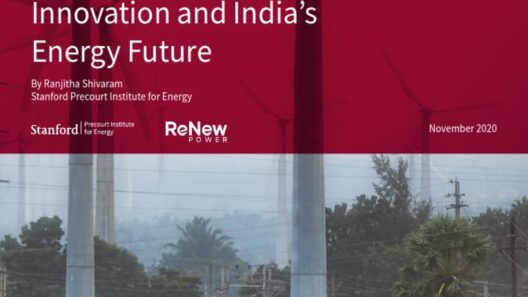In an era marked by climate-centric discussions, the imperative to conserve energy has emerged as an unequivocal priority on the global agenda. The nexus between energy conservation and environmental sustainability is clearer now than ever. Understanding this connection, and the tangible actions we can take, not only enhances our rapport with the planet, but also cultivates a society resilient to climatic fluctuations. Let us delve into pragmatic strategies that empower us to conserve energy and, consequently, contribute to environmental preservation.
To embark on the journey of energy conservation, one must first grapple with the concept of energy efficiency. Energy efficiency encapsulates the utilization of technology and practices that yield higher productivity with diminished energy consumption. Think of the myriad home appliances that boast energy-saving features — these are not mere novelties; they are indispensable tools that foster an epoch of environmental mindfulness. Transitioning to LED lighting, for instance, can reduce energy consumption dramatically. A direct consequence is the significant reduction in the carbon footprint associated with energy generation, especially from fossil fuels.
In homes and businesses alike, implementing a routine energy audit can unearth inefficiencies and identify areas ripe for improvement. This assessment provides a roadmap for prioritizing energy conservation measures. Small alterations, such as sealing drafts in windows and doors or upgrading insulation, can pay dividends by lowering both energy costs and environmental impact. These seemingly insignificant modifications culminate in the larger context of mitigating greenhouse gas emissions.
Shifting our gaze to transportation unveils another crucial facet of energy consumption. The transportation sector is a substantial contributor to global carbon emissions. By embracing public transit, carpooling, or utilizing non-motorized modes of transport like cycling or walking, individuals can significantly reduce their automotive energy expenditure. Electrification of transport is gaining traction, with electric vehicles (EVs) becoming more accessible. When powered by renewable energy sources, EVs offer an invaluable opportunity to decouple personal transport from fossil fuel reliance.
Engagement in community initiatives further embodies the spirit of collective action. Local environmental groups often champion energy conservation efforts, organizing educational seminars and workshops that promote awareness about sustainable practices. Community gardens or local renewable energy projects not only foster a sense of camaraderie but also provide practical platforms for implementing energy-saving strategies at a grassroots level. By pooling resources and sharing knowledge, communities can amplify their collective efforts, resulting in more substantial impacts.
Moreover, a paradigm shift towards renewable energy sources is imperative. Solar, wind, and hydropower are not just buzzwords; they represent a transformative approach to energy generation. Households are increasingly adopting solar panels, which allow for decentralized energy production. By harnessing the sunlight, homeowners can significantly cut down on reliance on traditional, pollution-heavy energy sources. Governments can facilitate this shift by offering incentives for renewable energy investments, thereby creating a more favorable landscape for sustainability.
The realm of energy conservation extends into our daily choices concerning consumption. Adapting a conscious consumer mindset involves scrutinizing the lifecycle of products. Opting for goods that are sustainably sourced and produced can drastically influence energy use on a broader scale. This encompasses everything from the food we eat to the clothing we wear. Supporting local businesses not only bolsters local economies but also minimizes the energy expenditure associated with transporting goods over long distances. Additionally, embracing a minimalist lifestyle by buying only what you need can further curtail energy usage in production and transportation processes.
Consider the power of advocacy. Drawing attention to energy conservation initiatives at the municipal or national level can drive policy changes that favor sustainable practices. By participating in governmental consultations or supporting legislation that emphasizes energy efficiency, individuals can reshape the framework within which energy consumption occurs. Democracy thrives on participation, and every voice contributes to the chorus calling for meaningful change.
Never underestimate the role of education in fostering a culture of energy conservation. Informing future generations about the importance of sustainability and energy efficiency creates a knowledgeable populace poised to make enlightened decisions. Schools can integrate sustainability into curricula, cultivating young activists who will carry the torch of environmental stewardship into adulthood. The imparting of knowledge combined with practical experience ensures that the next generation is well-equipped to carry the mantle of conservation.
The fusion of energy conservation and environmental advocacy is not merely a personal endeavor; it is a collective movement towards a shared future. Each decision we make, from our energy sources to our consumption habits, impacts the delicate balance of our ecosystem. As we adopt energy-conscious practices, we not only advocate for the health of our planet but also resonate with a profound ethos of stewardship. The possibilities for conservation stretch far and wide, limited only by our collective imagination and will. Uniting energies in the pursuit of sustainability not only ensures a viable future for our planet but also fosters a thriving community rooted in respect for the natural world.
Ultimately, the path to energy conservation and environmental harmony beckons a dual commitment from both individuals and societies. Through informed choices, community engagement, advocacy, and education, we can shape a sustainable future. The challenge may appear daunting, yet it is through collective effort and awareness that the tide can be turned. Envision a world where energy is harnessed judiciously, ecosystems flourish, and the legacy we leave is one of reverence for the Earth. That world awaits, and it starts with us.







